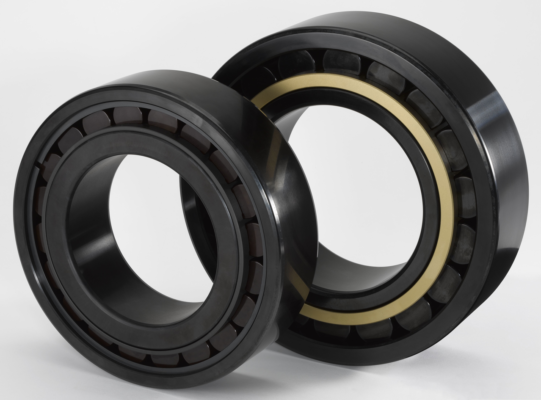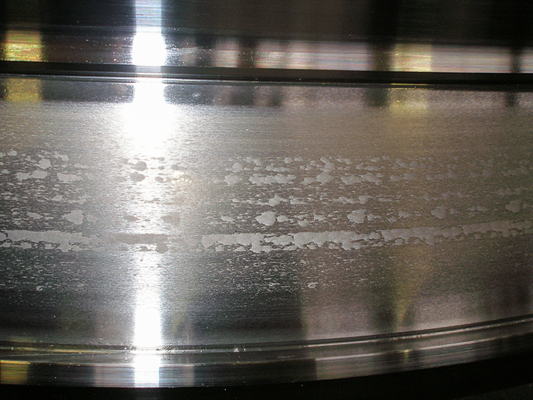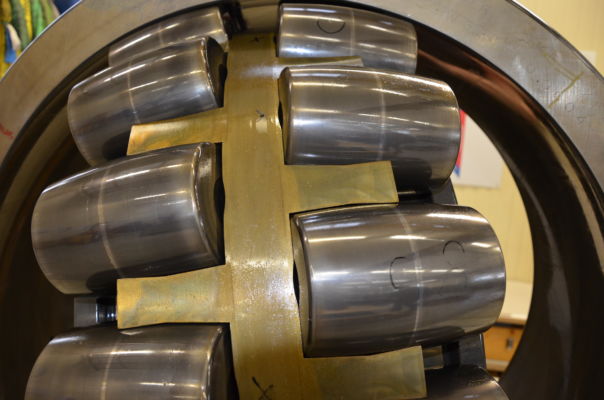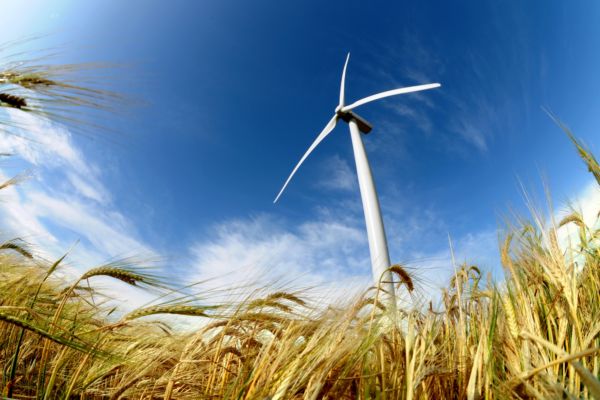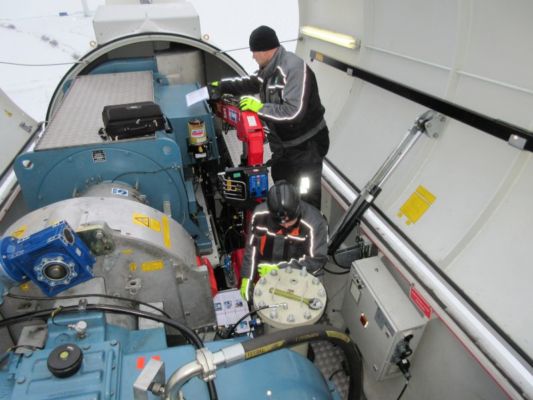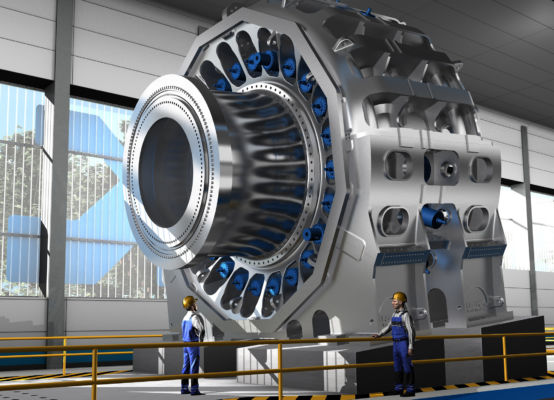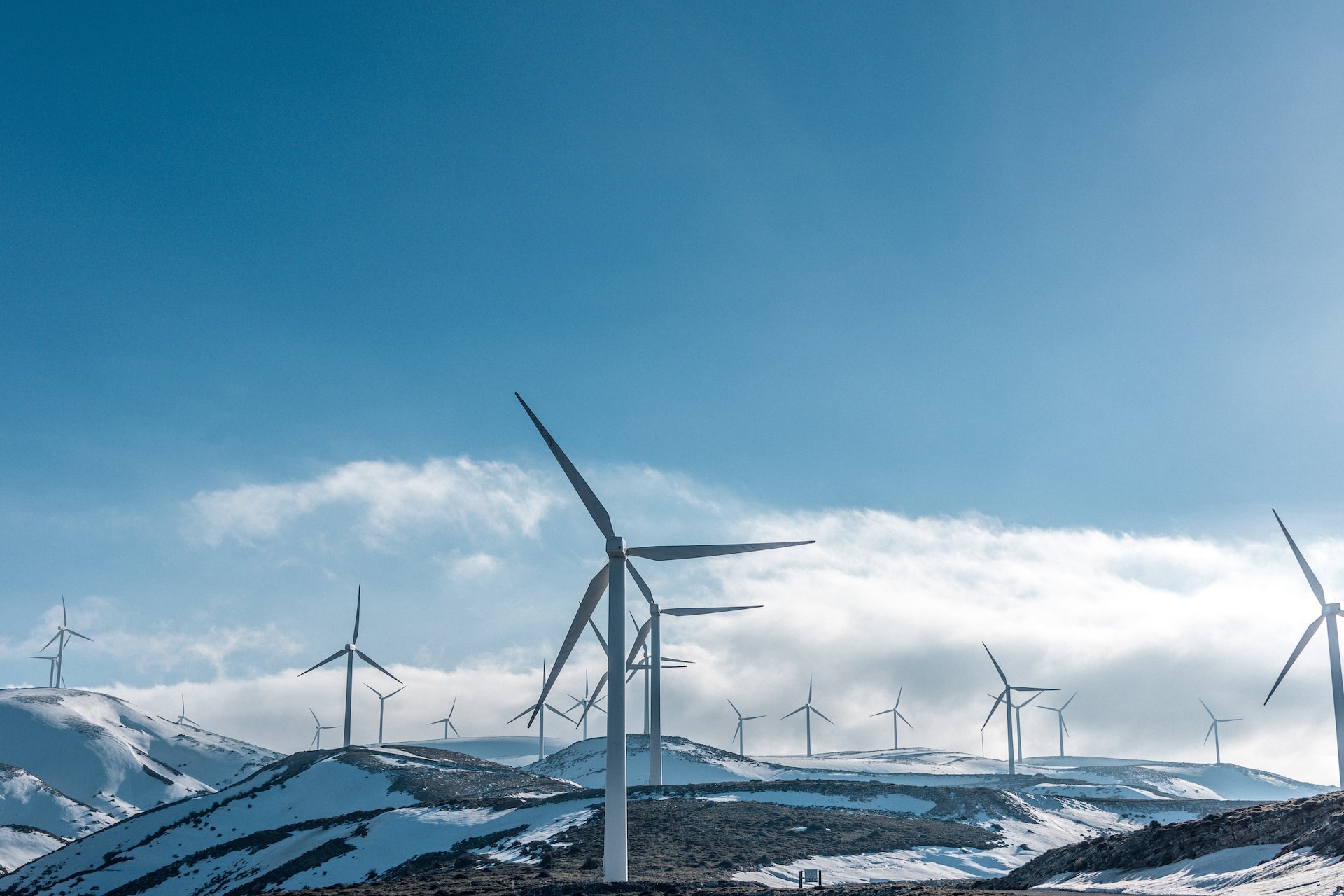Black oxide bearings – Improve wind turbine reliability and performance
Operation and maintenance (O&M) costs can constitute up to 25% of a turbine’s levelized energy cost over its lifetime. Technology that helps reduce maintenance and downtime is therefore crucial. In the previous article of this two-part series, we examined four of the most common bearing failure modes. This time, we will look at black oxidation – an effective solution to improve operational reliability.
White etching cracks examined – Facing the challenge of premature bearing failure
White etching cracks are a symptom of bearing failure. SKF researchers and application engineers discuss how to tackle the challenges and reduce the risk of this failure mode.
Bearing reliability – Top 4 bearing failure modes in wind turbine gearboxes
The reliability of bearings has a profound impact on wind turbine operating costs. But as the parts are often subjected to a wide variety of operating conditions, they may fail when they are pushed beyond their limits. In fact, in the past, as many as 80 percent of wind gearbox failures were caused by faulty bearings. Here are the top four main failure modes.
Replace or renew? – Breathing new life into old turbines
As governments seek to reduce greenhouse gas emissions, the importance of wind as a renewable energy source is growing. In 2016, 54.6 GW of wind power was installed around the world, bringing total global capacity to 486 GW. However, much of this sum comes from turbines approaching the end of their lifespan. Their owners face a dilemma: repower or extend life?
A second wind for old parts – Remanufacture the bearing; keep the turbine whirring
Bearings are among the most essential components in wind turbines. If a fault occurs in a turbine bearing, it could result in significant financial losses for everyone involved in the wind power supply chain. A major breakdown could cause widespread disruption, affecting the energy supply of a large organization – or even an entire region. Keeping these parts performing efficiently and reliably is therefore of utmost importance.
Keep on turning – How to minimize turbine downtime
In the wind power industry, each hour a turbine remains out of operation equates to an hour of lost revenue. Minimizing downtime is therefore a top priority for everyone involved in the sector. Keeping turbines running requires knowledge, care, and vigilance.
Maintaining control – 7 tips for wind turbine maintenance
Servicing wind turbines can be a complex task where many factors could lead to failures. Each machine is made up of thousands of components requiring care and observation to make sure that they operate effectively. Carsten Andersen, CEO of the Danish Wind Power Academy, provides seven tips to enable reliable and effective wind turbine maintenance.
R&D: The sky’s the limit – How wind turbine components are tested
Constructing a wind turbine is a complex procedure, with many safety standards and levels of certification that must be met. Before a product can be released onto the market, it must go through numerous stages of testing and development. This article explains the processes a new piece of machinery must go through and why this is important.
